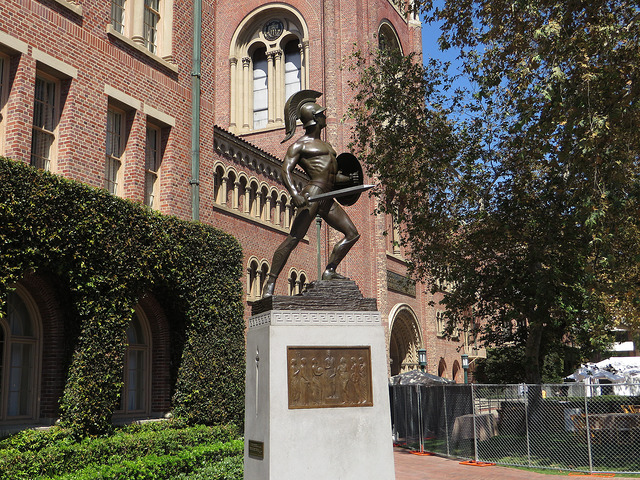Charalampos Papamanthou (UMD, College Park)
Abstract
Decentralized cryptocurrencies and smart contracts (e.g., Bitcoin and Ethereum) promise to revolutionize financial industries, forever changing the way money is transferred. They support monetary transactions based on programmable logic between users without requiring to trust a central authority (e.g., a government or a bank). At the heart of their design lies the blockchain, a distributed data structure that is stored and agreed upon by the participating parties and which is readily accessible to anyone in the world. However, due to its size and public nature, several scalability, security and privacy concerns have emerged. In this talk I will show how we can use protocols for verifiable computation (cryptographic techniques that enable an untrusted party to efficiently prove the validity of a statement to a verifier), to address these problems.
Bio
Charalampos (Babis) Papamanthou is an assistant professor of Electrical and Computer Engineering at the University of Maryland, College Park, where he joined in 2013 after a postdoc at UC Berkeley. At Maryland, he is also affiliated with the Institute for Advanced Computer Studies (UMIACS), where he is a member of the Maryland Cybersecurity Center (MC2). He works on applied cryptography and computer security---and especially on technologies, systems and theory for secure and private cloud computing. While at College Park, he received the NSF CAREER award, the Google Faculty Research Award, the Yahoo! Faculty Research Engagement Award, the NetApp Faculty Fellowship, the 2013 UMD Invention of the Year Award, the 2014 Jimmy Lin Award for Invention and the George Corcoran Award for Excellence in Teaching. His research is currently funded by federal agencies (NSF, NIST and NSA) and by the industry (Google, Yahoo!, NetApp and Amazon). His PhD is in Computer Science from Brown University (2011) and he also holds an MSc in Computer Science from the University of Crete (2005), where he was a member of ICS-FORTH. His work has received over 3,000 citations and he has published in venues and journals spanning theoretical and applied cryptography, systems and database security, graph algorithms and visualization and operations research.

